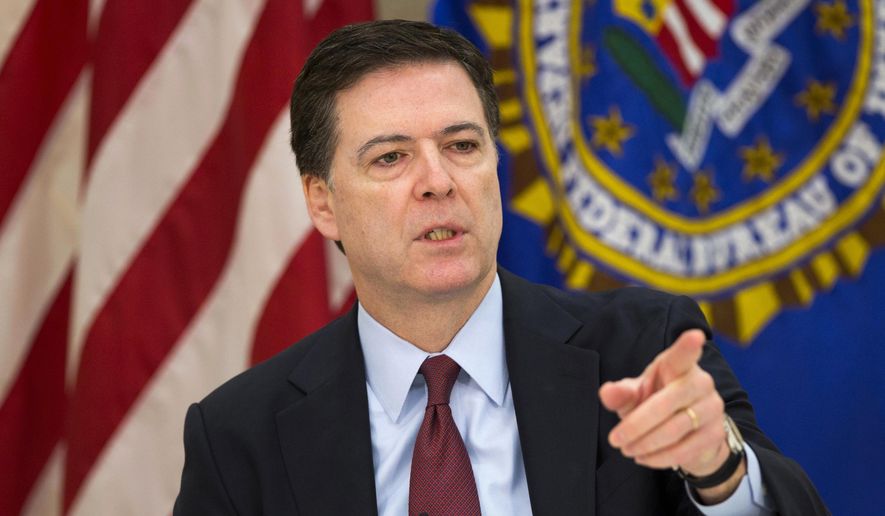The Federal Bureau of Investigation has identified a 53 percent increase in the number of hostile intelligence agents that have been attempting to steal U.S. trade secrets since this time last year, federal authorities said Thursday.
The number of economic espionage cases that have robbed both large and small companies across the United States is classified, but federal authorities say that those cases are “in the hundreds.”
FBI agents and National Counterintelligence and Security Center officials say the increased cases of economic espionage are tied tightly to international transient trends, which show more and more foreigners are now obtaining jobs in America or have teaching positions at U.S. universities.
Foreigners intent on stealing trade secrets typically aim to gain access to a wide variety of technologies, including military telecommunications, drone technology, hybrid vehicle technology, financial transaction software and seed technology, officials said.
“It’s across the board,” said Dean Chappell, an agent in the FBI’s Counterintelligence Division. “It’s not high-end avionics for military aircraft. It’s not Joint Strike Fighter stuff. It’s all of the things that we see every day.”
In May, the U.S. charged six Chinese citizens — which included three professors — of stealing sensitive wireless technology after gaining access to the technology by taking jobs in the U.S. and then spiriting the information back to China. The men set up a joint venture with China’s state-controlled Tianjin University to produce and sell the stolen technology and already had won a few contracts, including with “military entities,” according to the indictment.
In response to the growing economic espionage threat, the FBI’s Counterintelligence Division privately launched a nationwide awareness campaign last year aimed at educating business and industry leaders about foreigners trying to steal U.S. trade secrets.
The campaign centers around a 36-minute minimovie called “The Company Man.” The minimovie shows the efforts of Chinese businessmen who are trying to steal U.S. technology and is a joint effort by the spy agency and the National Counterintelligence and Security Center, which conducts counterintelligence investigations and operations. The video is supposed to educate companies on how to pick up on indicators there is a foreign spy among them.
“You need a Chinese partner,” an actor in the movie slyly says as he tries to convince a U.S. businessman to interact with him.
Federal agents say they specifically focused on Chinese nationals to represent economic espionage predators because the majority of U.S. trade theft cases tend to involve “aggressive” Chinese actors.
“The Chinese and the Russian intelligence services are aggressive now more than they ever have been. Hands down,” said Randall Coleman, the assistant director for the FBI’s Counterintelligence Division.
However, educating U.S. companies on the threats of trade theft, and convincing them to request the assistance of federal agents will be no easy task, said Peter Toren, a former prosecutor for the Department of Justice’s Computer Crimes and Intellectual Property division.
“Companies, in the past, have often decided that it’s not worth the problems associated with referring a case to the FBI and they’d rather do it in house,” he said.
Federal agents say that some of the hesitancy companies have about interacting with federal agents is because they are afraid that public affirmation of their status as economic espionage victims would be detrimental to their reputation and stock prices.
“They have an image that they have to maintain,” said Mr. Coleman said. “They’ve got shareholders. They have to play out hey how’s this going to look.”
• Maggie Ybarra can be reached at mybarra@washingtontimes.com.




Please read our comment policy before commenting.